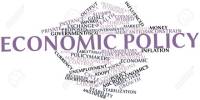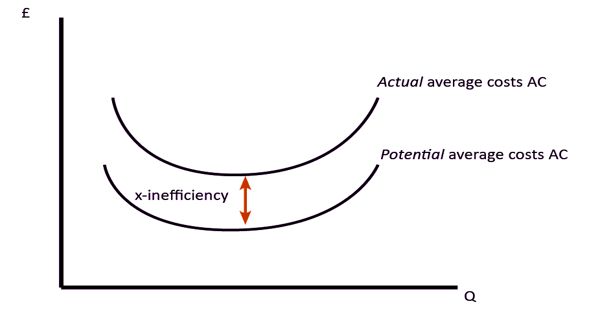Marginalism is a method, which assists manufacturers and businesses to determine the required levels of activity for their services and the quantity of products that need to be produced. It covers such topics as marginal utility, marginal gain, marginal rates of substitution, and opportunity costs, within the context of consumers making rational choices in a market with known prices. It is the concept that economic behavior can be determined by analyzing the fluctuations in the demand for basic goods and services. Marginalism used in order to explain the difference in wages among essential and non-essential services, such as why the wages of an air-conditioner repairman exceed those of a childcare worker.
Marginalism
















